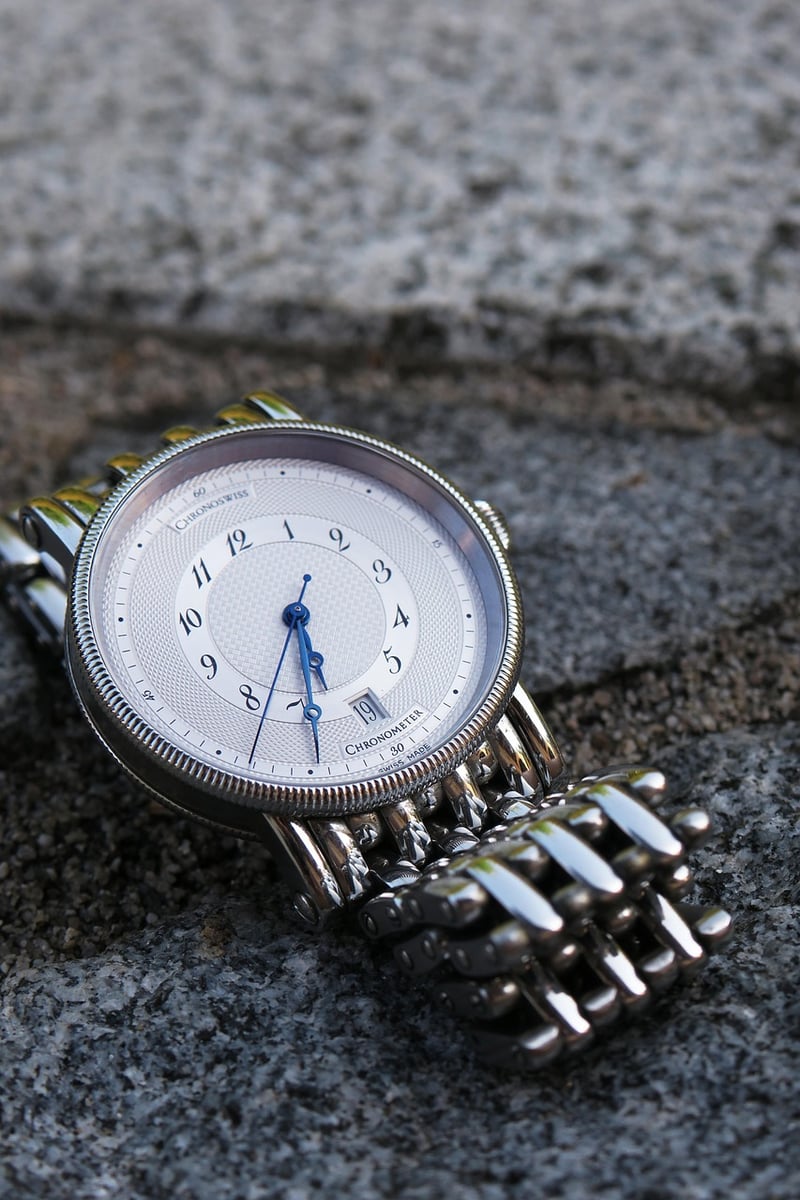Chronometers
Tools for Temporal Exploration and Chronometers
Exploring time and tracking it accurately has been a fascination for humans throughout history. From ancient sundials to modern atomic clocks, various tools and chronometers have been developed to measure time with precision. Let's delve into some of the key tools used for temporal exploration and chronometry.
Sundials
Sundials are one of the oldest tools used to tell time by tracking the position of the sun. They come in various designs, from simple horizontal dials to intricate equatorial and analemmatic sundials. The shadow cast by the sun's position on a sundial indicates the time of day.

Water Clocks
Water clocks, also known as clepsydra, were used by ancient civilizations to measure time by the flow of water from one container to another. The rate of water flow indicated the passage of time, allowing for rudimentary timekeeping.

Hourglass
The hourglass, also known as a sandglass, is a simple timekeeping device comprising two glass bulbs connected vertically with sand flowing through a tiny hole in the middle. As the sand flows from one bulb to the other, it measures a specific amount of time.

Chronometers
Chronometers are precise timekeeping devices used for navigation, scientific research, and various other applications where accurate time measurement is crucial. These instruments are designed to maintain accurate timekeeping regardless of external factors such as temperature and pressure.

Exploring time through these tools provides insights into the evolution of chronometry and the importance of accurate timekeeping in various aspects of life. Whether it's the ancient sundials or modern atomic clocks, each tool has played a significant role in our understanding and measurement of time.
Embrace the fascination with time and explore the diverse world of chronometers and temporal exploration!
